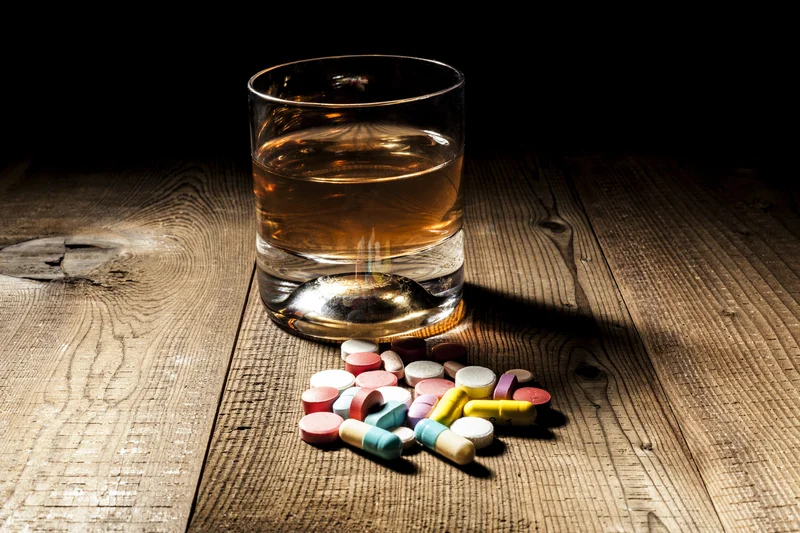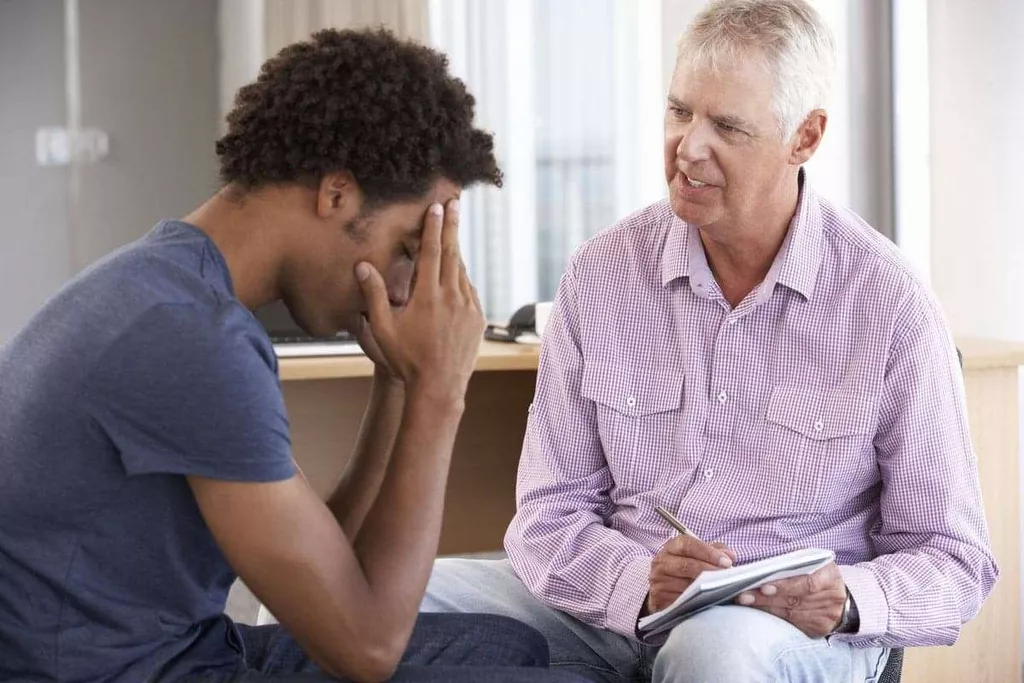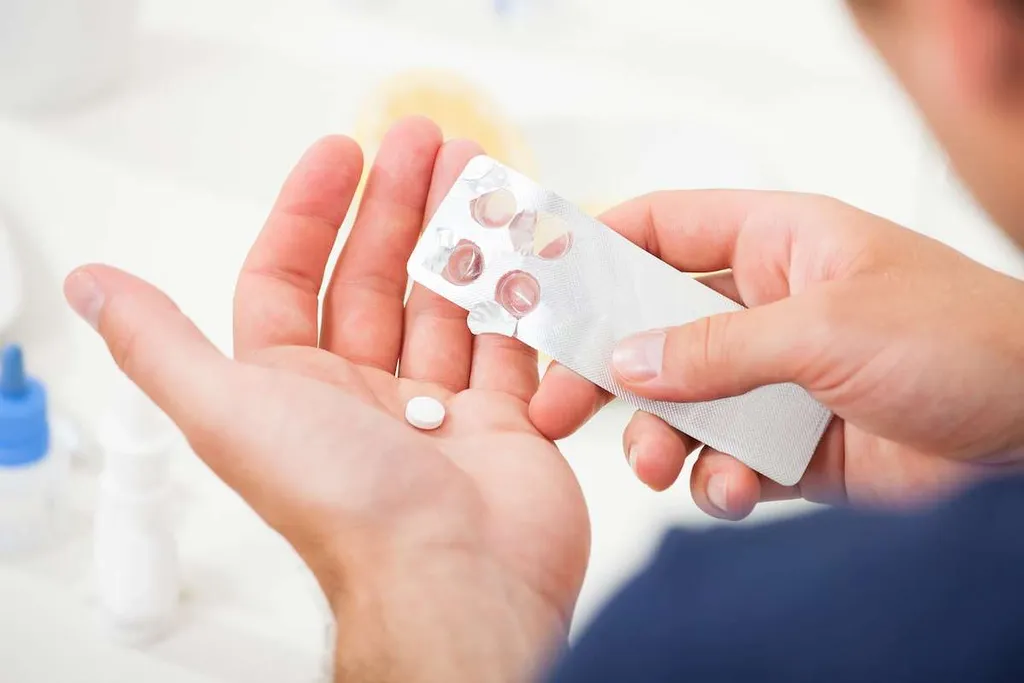
The body starts to rebalance chemically, and sleep patterns may slowly improve. Some people report increased appetite and slight weight gain, while others may experience early signs of weight loss as metabolism normalizes. This guide aims to demystify the first few weeks after you stop drinking. We’ll also discuss safe, effective ways to stop drinking and provide information on treatment options—especially if you’re in Colorado and seeking professional help. By day 6, you’re likely to have experienced some fluctuation in your mood and motivation.
Psychological Changes and Personal Growth

Let Little Creek Recovery Center guide you down the right path to recovery, personal growth, and long-term sobriety. In addition to acquiring help from professionals, you are encouraged to join a support group, pick up a hobby, and engage in any sort of activity that may help you cope. There what is alcoholism is even medication available that helps combat alcoholism.
- Their improvement in nutrition also starts to positively affect the body’s kidney function and vision abilities.
- If you are in a rehabilitation center, it is likely that you will be released somewhere during this time frame.
- Reach out to them for advice, guidance, and overall support.
- It’s vital not only to prepare mentally but also physically by developing strategies ahead of time.
- Whatever recovery path you take (and there are MANY), the main thing is to acknowledge that you don’t have all the answers and could use some help.
How To Stop Drinking When Your Spouse Won’t
- Severe cases can experience more dangerous symptoms like seizures or delirium tremens, which require medical attention.
- While this is often a time people experience much higher quality sleep, it’s also common to have vivid dreams of drinking alcohol and wake up disoriented.
- With the right nutritional and lifestyle strategies, you can minimize the symptoms of post-acute withdrawal syndrome (PAWS).
- By one year of sobriety, many alcoholics and problem drinkers will have stopped drinking entirely and won’t even think about having a drink.
- Heavy alcohol use can affect the health of your heart, brain, kidneys, liver, pancreas and digestive tract.
- This can cause you to regain your appetite and feel fewer symptoms of nausea and indigestion.
- Take a step towards recovery and seek assistance for yourself or a loved one struggling with addiction.
For many people, alcohol is a way to escape mental health issues like depression and anxiety. Science tells us that self-medicating with alcohol actually makes our mental health worse, so we expect to find relief in sobriety. Sobriety becomes much easier and more comfortable after 6 months. As your brain starts to heal, your memory, concentration, and sleep improve. Your self-esteem, clarity, and mental health are more positive. If you’re a heavy drinker you might continue to experience severe symptoms during the first three days.

About Marijuana Withdrawal
It’s important to note that delirium tremens is a serious condition that’s considered an emergency. In case you experience any of the above symptoms, seeking immediate medical attention is absolutely necessary. It should be clear by now that there are virtually no downsides to quitting drinking.

- No matter what type of substance you used or whether you recovered outpatient or inpatient, you may encounter several emotional and physical responses post-detox.
- You’ll likely experience high blood pressure, higher temperature, irregular heart rate, sweating, confusion, mood swings, and food cravings for carbohydrates.
What this means is that when we learn to accept that most days are generally good, even if we don’t feel awesome. This simple mental switch can be a game changer for some people in early recovery. Let’s go through the timeline of what happens when you stop drinking, 1 year sober anniversary sectioned into simple, bite-sized chunks. Alcohol affects many parts of your body, and letting go of it altogether can make a big difference for your risk of multiple health conditions and overall wellness. Unfortunately, the short answer is that there is no guaranteed strategy or medication that will completely eliminate the symptoms of withdrawal. By your second week, your symptoms should be must less intense than the first week, and any flu-like symptoms (changes in body temperature, headaches) will have dissipated by now.
